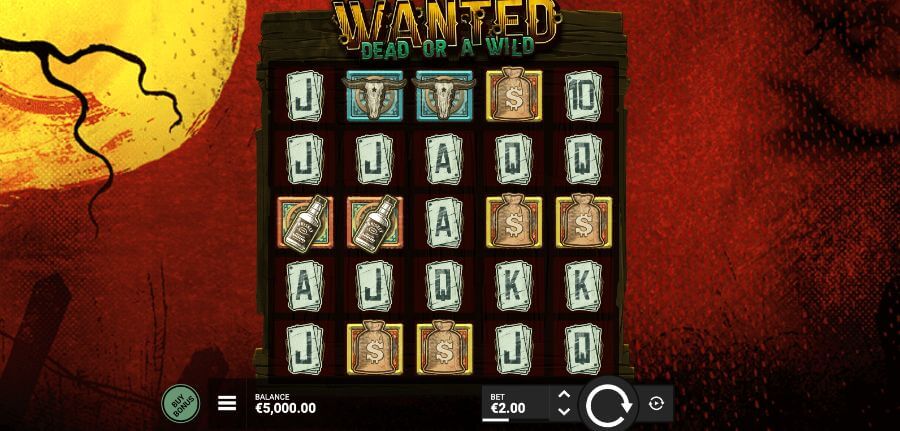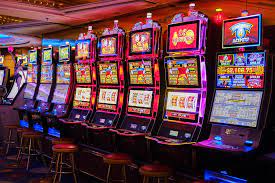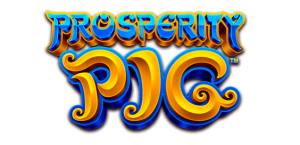
Wanted Dead or A Wild
In the vast landscape of entertainment, few themes resonate as strongly as that of the wild. The phrase Wanted Dead or A Wild evokes a sense of adventure, rebellion, and freedom, reflecting humanity’s enduring struggle against societal constraints. This article will explore the multifaceted nature of this theme through various lenses—literature, film, art, and real-life escapades—highlighting how the interaction between civilization and the wilderness compels individuals to seek something beyond their mundane existence.
The Hero’s Journey: From Civilization to Wilderness
The archetypal hero’s journey often begins in the familiar realm of civilization before plunging into the untamed wilderness. This transition serves as a powerful narrative tool, allowing authors and filmmakers to depict personal transformation and self-discovery https://gk886.vip/.
The Call to Adventure
Every hero receives a call to adventure that disrupts their ordinary life. This moment of reckoning is essential for them to break free from societal norms.
The call to adventure can take many forms—a mysterious letter, an unexpected event, or even a chance encounter that shakes the protagonist’s world. For instance, in classic literature, characters like Frodo Baggins from “The Lord of the Rings” and Elizabeth Bennet from “Pride and Prejudice” find themselves drawn out of their comfortable settings into uncharted territories.
This call signifies a deep-seated desire for change, tapping into the human psyche’s natural yearning for exploration and liberation. As readers or viewers, we instinctively root for these characters, identifying their frustrations and aspirations. It is within this chaotic dance between comfort and adventure that the essence of Wanted Dead or A Wild emerges.
Crossing the Threshold
Once the call is acknowledged, the hero must decide whether to step into the unknown. This act of crossing the threshold symbolizes not just physical movement but also a psychological leap into a new identity.
In narratives where characters venture into the wilderness, this threshold often manifests as a literal boundary—such as leaving behind a bustling city or stepping over the line that separates civilization from nature. However, it is equally symbolic, representing the shedding of old beliefs and assumptions. This phase highlights the internal struggles faced by the hero as they grapple with their fears and uncertainties.
Take, for example, Christopher McCandless’s journey in “Into the Wild.” His decision to leave behind his possessions and embrace a nomadic life illustrates the profound tension between societal expectations and the yearning for authenticity. This resonates deeply with audiences, drawing us to question our own suffocating routines and prompting us to envision what lies beyond our comfort zones.
Trials and Tribulations
The wilderness is not merely a backdrop; it becomes a character in its own right, presenting challenges that force heroes to confront their innermost fears and beliefs.
As heroes navigate through treacherous terrains, they encounter obstacles that test their resolve. Whether battling harsh weather conditions, facing dangerous wildlife, or dealing with solitude, these trials serve as metaphors for personal growth.
For instance, in Jack London’s “The Call of the Wild,” Buck’s transformation from a domesticated pet to a fierce survivor encapsulates the brutal reality of nature and the importance of resilience. Through struggle and hardship, characters are often stripped of their pretenses, revealing a raw and authentic self beneath layers of societal conditioning.
This journey into the wild becomes a quest for meaning, forcing characters—and, by extension, the audience—to confront questions about identity, purpose, and belonging. In doing so, the narrative intricately weaves the idea of Wanted Dead or A Wild, illuminating our desire to reclaim a more primal, instinctual way of living.
Return with Elixir
Ultimately, the hero returns to civilization transformed, bearing wisdom gained from their experiences in the wild. This return is vital, as it emphasizes the duality of existence—finding balance between the comforts of society and the truths discovered in nature.
Upon their return, heroes often share their newfound knowledge, challenging societal norms and inspiring others to rethink their paths. Think of how protagonists like Katniss Everdeen in “The Hunger Games” use their experiences to awaken revolutionary sentiments among their peers.
This return creates a powerful dichotomy—while the wild may embody chaos and danger, it also holds the potential for enlightenment and healing. The phrase Wanted Dead or A Wild captures this essence, as it signifies not only a longing for adventure but also a reclamation of what it means to be truly alive.





